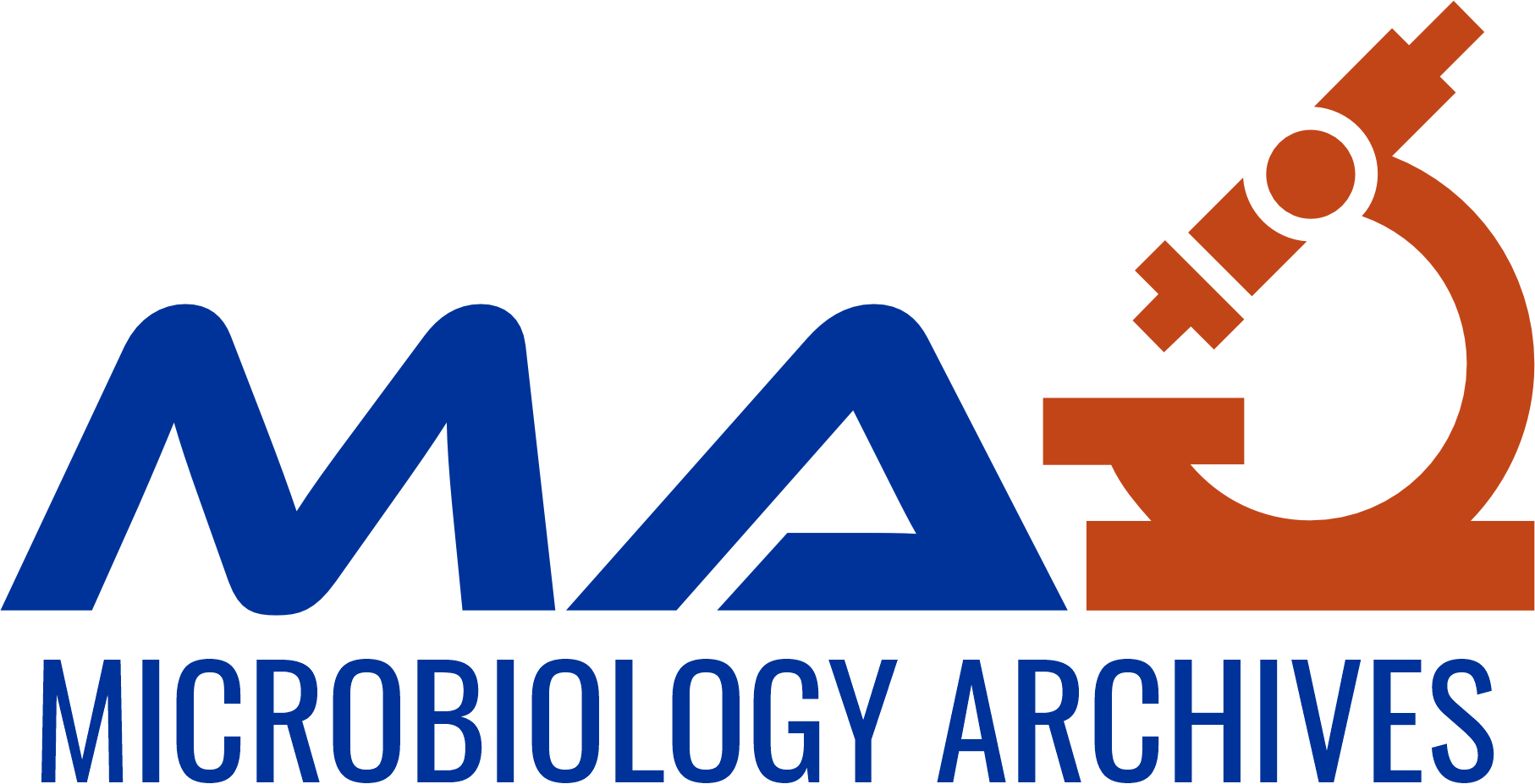Microbial pathogens, particularly specific viruses and bacteria, have been increasingly recognized as significant contributors to the development of various human cancers. Oncogenic viruses—including Human Papillomavirus (HPV), Epstein–Barr Virus (EBV), and Hepatitis B and C viruses (HBV, HCV)—as well as bacteria such as Helicobacter pylori, have been implicated in the initiation and progression of malignancies through multiple interrelated mechanisms. These include the induction of chronic inflammation, generation of reactive oxygen species leading to genomic instability, interference with host tumor suppressor pathways, and modulation of immune responses. Viral oncoproteins and bacterial toxins often disrupt cell cycle regulation, inhibit apoptosis, and promote sustained proliferative signaling, all of which contribute to a tumor-permissive microenvironment. Moreover, microbial infections can induce epigenetic modifications and alter the host microbiome, further compounding oncogenic processes. This review comprehensively explores the mechanistic underpinnings of microbe-induced tumorigenesis and underscores the importance of early detection, vaccination, and targeted therapeutic strategies. Advancing our understanding of these interactions will be crucial for developing effective interventions to reduce the global cancer burden attributable to infectious agents.
